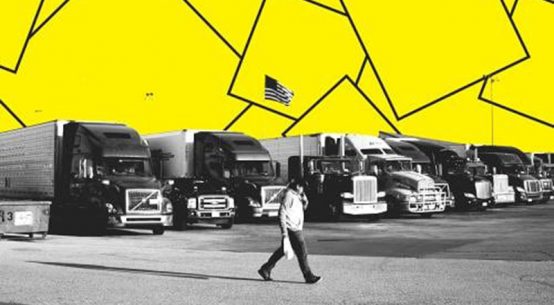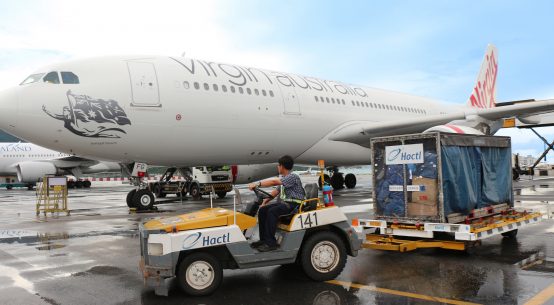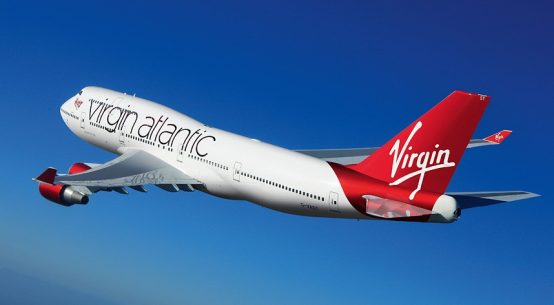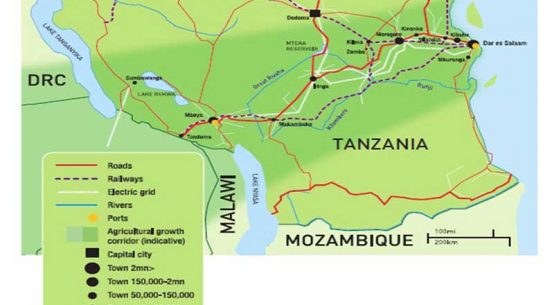
Carlos Ghosn, Chairman and CEO of the Renault-Nissan Alliance, unveils Renault next mid-term strategic plan during a news conference in Paris, France, October 6, 2017. REUTERS/Charles Platiau
PARIS (Reuters) – French carmaker Renault expects a first-mover advantage in electric cars and a wider range of vehicles for emerging markets to help it deliver a 44 percent sales increase by 2022.
Electric cars are “turning into a significant contributor to our performance while other automakers are just starting the journey”, Chief Executive Carlos Ghosn said on Friday.
Renault’s mid-term plan shows it growing faster than alliance partner Nissan, which it trails in China, due to recent investments in Iran and India and a Russian rebound.
While taking a lead in electric vehicles had come at the expense of profitability, Ghosn expects to turn this around with the launch of eight new battery-powered models and 12 hybrids.
“Our vision now is a profitable core business,” he said. Renault and Daimler’s Smart are likely to extend their small-car cooperation into electric models, he added.
Renault plans to increase annual sales to 5 million vehicles by 2022 from 3.47 million last year while also aiming for a 7 percent operating profit margin and 70 billion euros ($82 billion) in revenue, goals that were announced in February.
Renault said on Friday that its margin would remain above 5 percent in the intervening years, as it pursues 4.2 billion euros in cumulative productivity gains and invests 18 billion euros in research and development.
The company also outlined a new dividend policy, promising to increase shareholder payouts to 15 percent of earnings by 2022, from 7 percent last year.
In addition, it will continue to pass through its own Nissan and Daimler dividends to Renault shareholders. Renault owns 43.4 percent of its Japanese alliance partner and 3.1 percent of the Mercedes-Benz maker.
Renault’s share price was up 1.5 percent at 86.86 euros at 1100 GMT and the price might be supported in the coming weeks by “management’s increased confidence” over its mid-term goals, Evercore ISI analyst Arndt Ellinghorst said.
“This is good news in a world where most people fear earnings, cash flow and profitability will fall due to disruption,” Ellinghorst said.
LOW-COST RANGE
The market in China, where Renault only began manufacturing last year, is expected to account for half a million sales by 2022.
Renault’s budget car line-up, starting with the Dacia Logan in 2004, has underpinned the push into emerging markets and spawned a second car platform underpinning the Kwid mini-SUV, which has more than doubled the group’s sales in India.
Combined sales of the “Global Access” low-cost cars are seen expanding 54 percent to reach 2 million vehicles or 40 percent of the group total. An expanded utility van range is also expected to contribute to the emerging-markets surge.
FOLLOW US ON FACEBOOK FOR MORE LOGISTICS NEWS
Europe’s share of Renault vehicle deliveries would shrink to 36 percent from 52 percent under the plan, with sales in the home region remaining broadly flat.
Pure electric cars may rise to about 5 percent of global sales, Ghosn said, adding that the forecast was “probably conservative” and almost certainly wrong.
Renault has been transformed since 2005 when he took over from a carmaker dependent on French sales of Megane compacts into a “resilient, multi-polar global company”, Ghosn said.
Ghosn, who also heads the Renault-Nissan-Mitsubishi alliance, has not yet indicated whether he will seek to renew his contract as Renault’s CEO, which expires next year.








